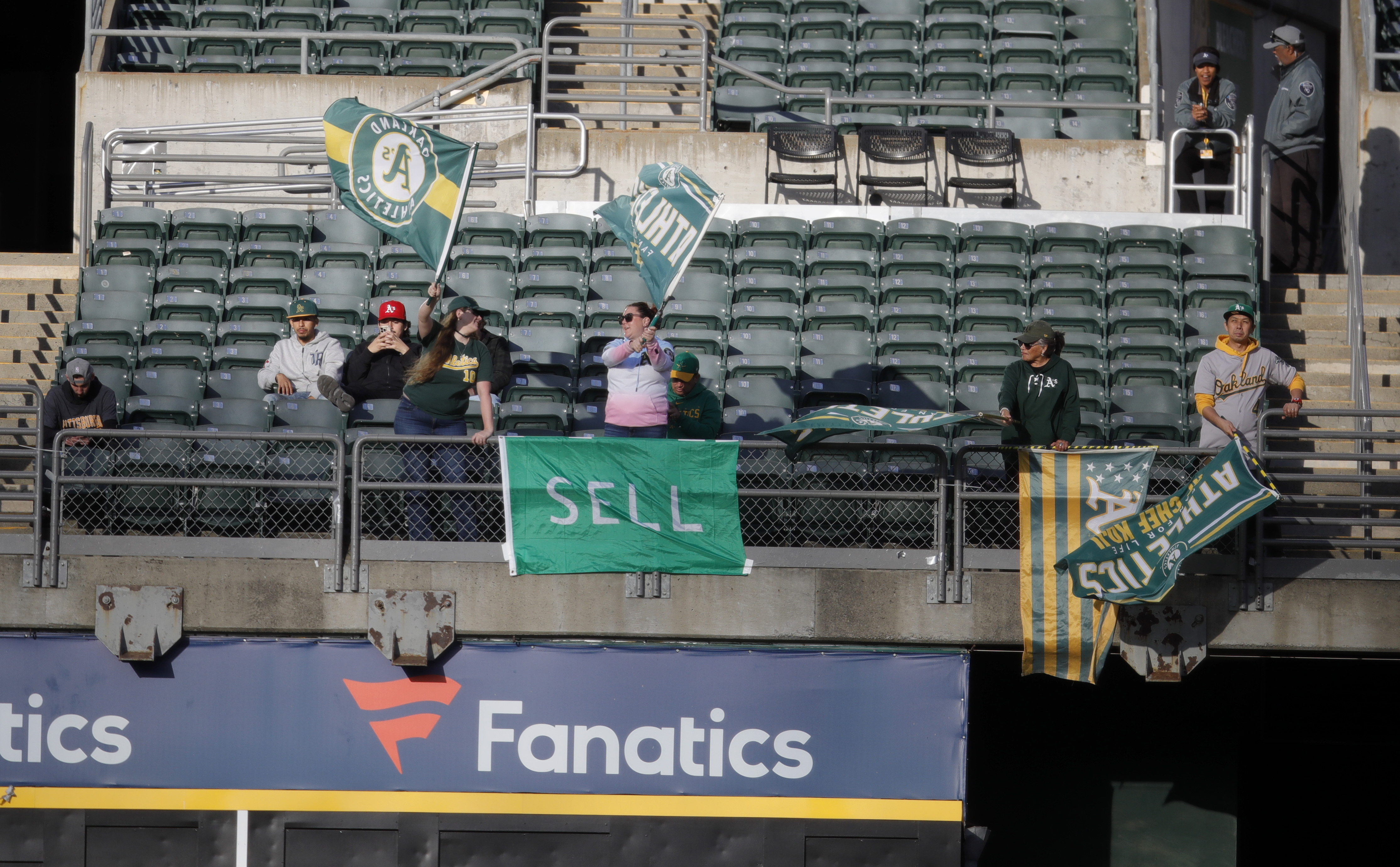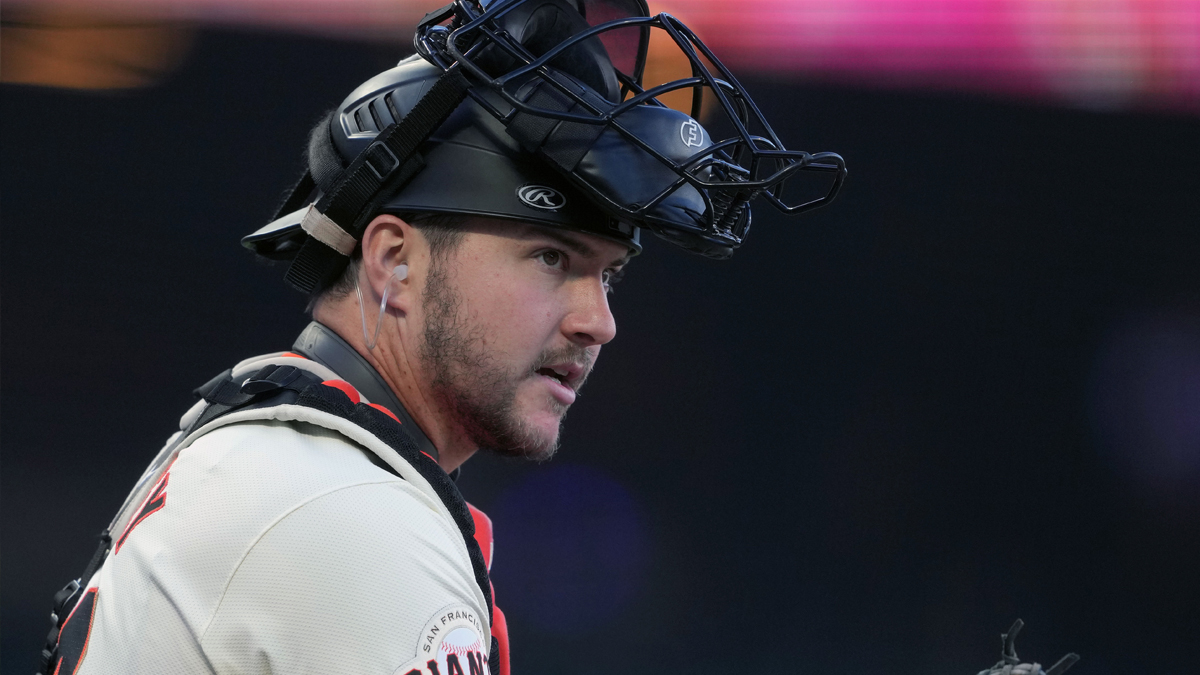After the wettest Kentucky Derby on record and a similarly rainy Preakness Stakes, staff at Belmont Park — home to the final leg of horse racing's Triple Crown, the Belmont Stakes — know they have to be prepared for whatever nature brings their way on June 9.
But this isn't anything new. Every year, staff and trainers — and horses — have to be race-ready, come rain or shine.
Race horses need the same kind of physical conditioning as the jockies that ride them, trainer Leah Gyarmati said. Horse trainers like Gyarmati oversee the conditioning and preparation of the horses before their races, adjusting their fitness regimens according to the races they're set to run along with their staff.
As a horse exercises, its trainer keeps her ear to the ground for its soundness — not the creature's whinny, but its overall health. A sound horse has no lameness or illness, so Gyarmati said she looks for signs of limping or lameness.
"A lot of horses walk sound and look sound, but when they gallop, something is not quite right," she said. "When you watch a horse cantering or galloping, one leg will be out in the front. In the stretch straightaway, that should be the right leg, and when they turn, they should switch to the left. It's more of a balance issue. That's how you want every horse to go, ideally."
On most race days, trainers will change the routine of the horse, feeding it early or taking away its food and water. A few days before major races, trainers might give the horse vitamin shots or jugs of electrolytes.
"Things to just build them up," Gyarmati explained. "I think in general, some horses are better than others on picking up cues. There [is] dietary stuff that changes and they might start anticipating — which is not always a good thing. You want a horse ready for the race but not necessarily want them anxious about it."
Sports
Gyarmati has amassed more than $2 million in purses won over her career as a trainer, according to U.S. Racing.
She said she learned all the tricks of the trade from the late, great, hall-of-fame thoroughbred trainer Allen Jerkens. He was also known as the "Giant Killer" because he trained ordinary race horses to beat Triple Crown champions such as Secretariat, whom Jerkens beat twice in other races.
But the most important lesson Gyarmati has learned was how different each horse is from the other.
"Every horse is an individual. It's much easier to say everyone is gonna run a mile and a half today or everyone is gonna do this today. It's difficult to get creative when you have this much time to train and get however many horses that need to get out. It's essential to think outside of the box. Its essential you look at the horse as an individual," Gyarmati said.



